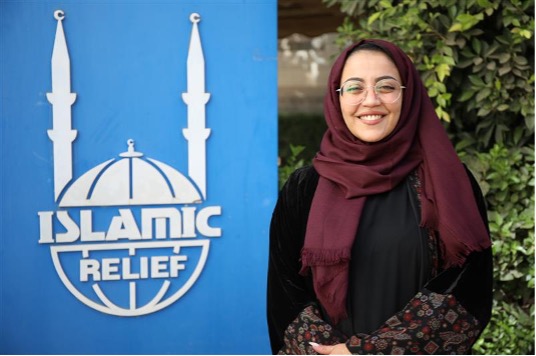
When hope is quiet: reflections from Yemen on World Humanitarian Day
Nada Abu Taleb, in Yemen, reveals what humanitarian work truly means in one of the world’s most neglected crises.
Home » Our Work » For A Better World » Health and Water Support for Yemen
Provide specialised nutrition support to two malnourished people.
Help support health facilities with vital water and hygiene components.
Yemen faces one of the world’s worst humanitarian crises. Years of conflict have deepened the nation into poverty, making it one of the poorest in its region, devastated its infrastructure, and caused widespread hunger and suffering.
Tens of thousands of lives have been lost since the crisis began and over 20 million people don’t know where their next meal will come from.
One of the biggest underlying challenges in Yemen is the lack of protection given to vulnerable populations, especially in regard to combating preventable diseases and deaths among women and children.
Many mothers and babies are losing their lives due to the lack of access to essential reproductive services. The lack of feeding centres to address malnutrition amongst women and children, together with the lack of health care available is only deepening the crisis surrounding essential nutrition care services in Yemen.
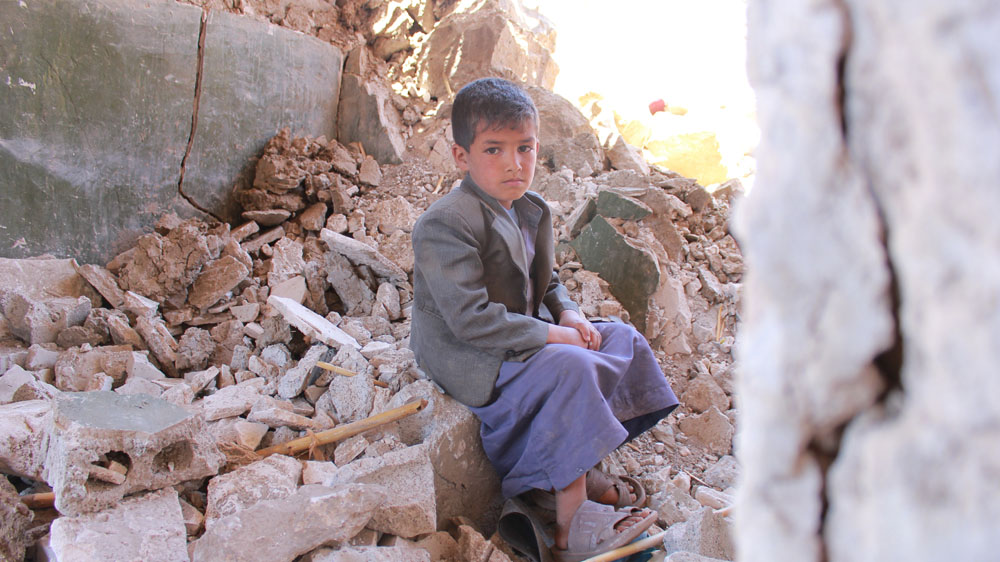
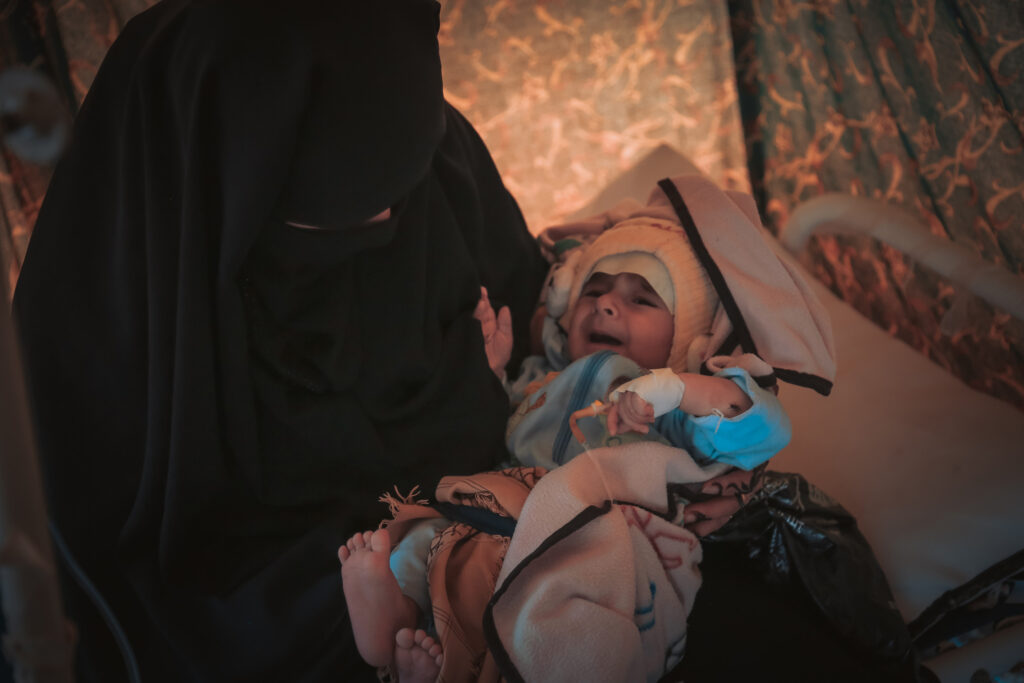
Yemen faces one of the world’s worst humanitarian crises. Years of conflict have deepened the nation into poverty, making it one of the poorest in its region, devastated its infrastructure, and caused widespread hunger and suffering.
Tens of thousands of lives have been lost since the crisis began and over 20 million people don’t know where their next meal will come from.


One of the biggest underlying challenges in Yemen is the lack of protection given to vulnerable populations, especially in regard to combating preventable diseases and deaths among women and children.
Many mothers and babies are losing their lives due to the lack of access to essential reproductive services. The lack of feeding centres to address malnutrition amongst women and children, together with the lack of health care available is only deepening the crisis surrounding essential nutrition care services in Yemen.
Islamic Relief aims to address the urgent needs of people in Bilad at-Ta’am district by implementing three types of interventions: water, sanitation and hygiene (WASH), and health and nutrition.
The WASH component will focus on improving and ensuring more equitable access to sources. This includes the installation of sustainable sources of energy and solar systems to lower operational costs and expenses for the people we serve. We will also be promoting hygiene practices to help prevent the spread of waterborne diseases.
The health component will provide more equitable access to health services for our rightsholders and will concentrate on providing secondary health services to 25,043 people through access to health facilities. We also aim to strengthen the healthcare system in Raymah, which includes improving infrastructure, and providing essential medical equipment, supplies and training to healthcare professionals.
The nutrition intervention will focus on addressing malnutrition and improving on building the capacity of nutrition health workers in Raymah. This will involve implementing programs to provide nutritional treatment and support to 10,019 vulnerable people, supporting health facilities, promoting breastfeeding practices and improving access to diverse and nutritious food sources.
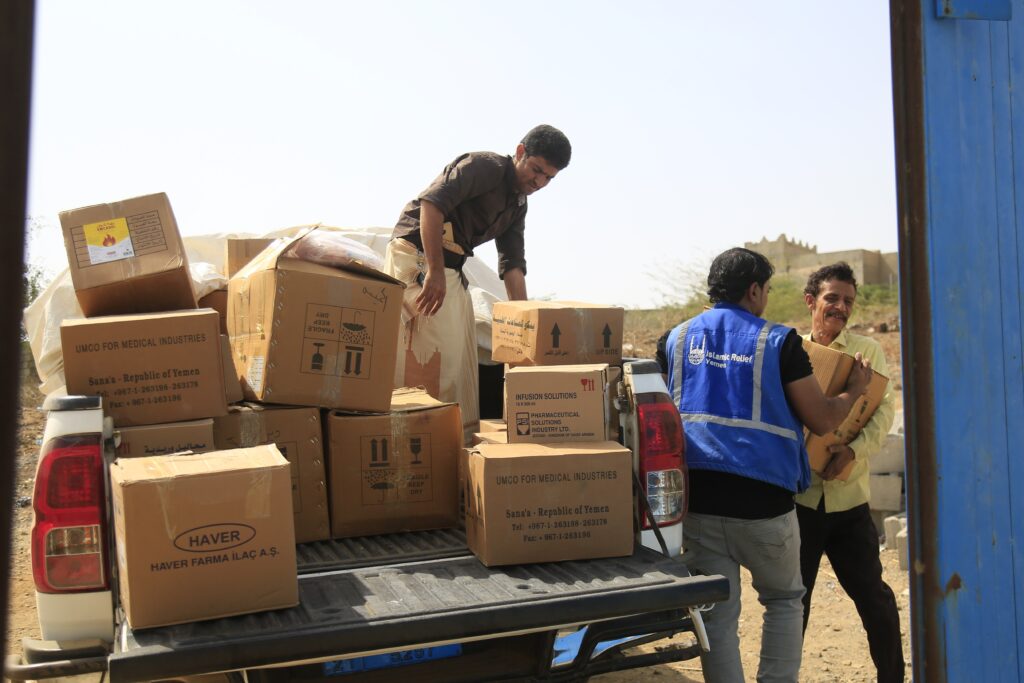
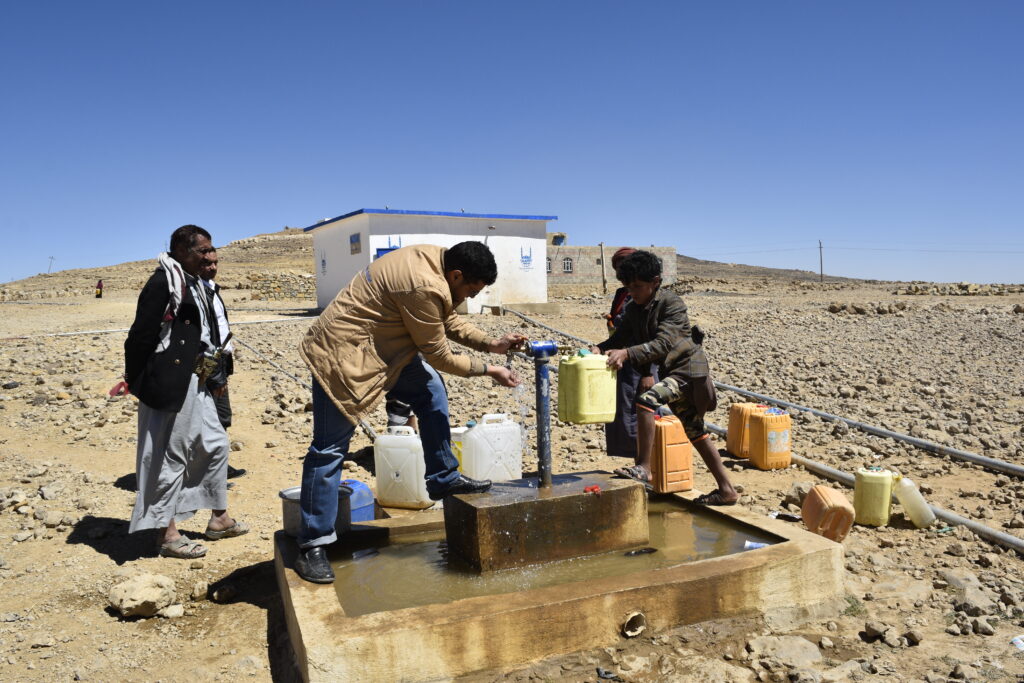
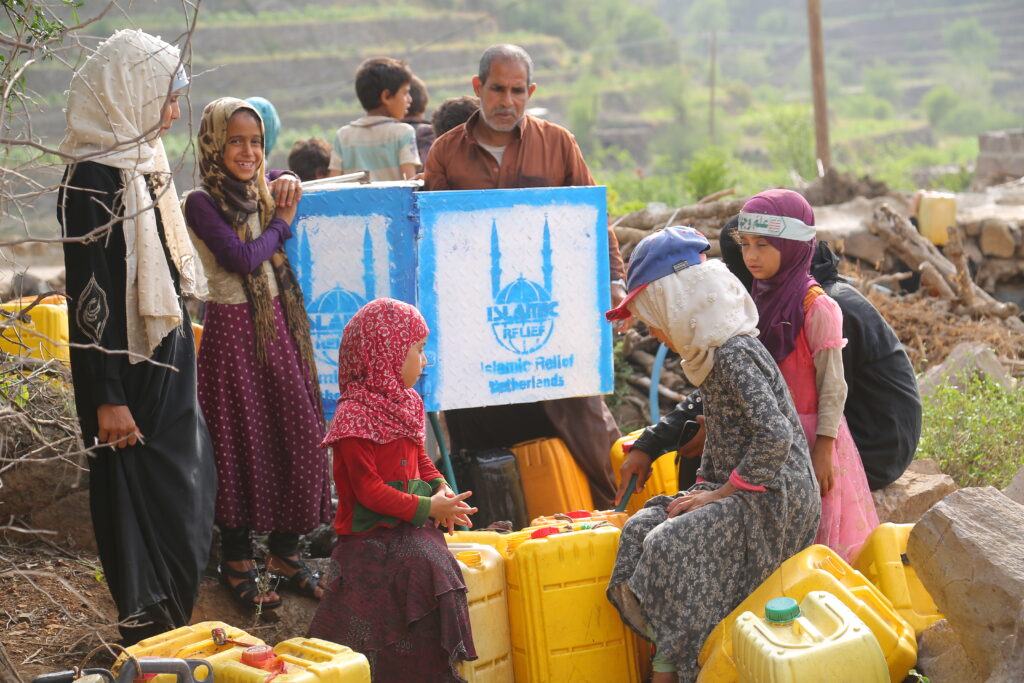
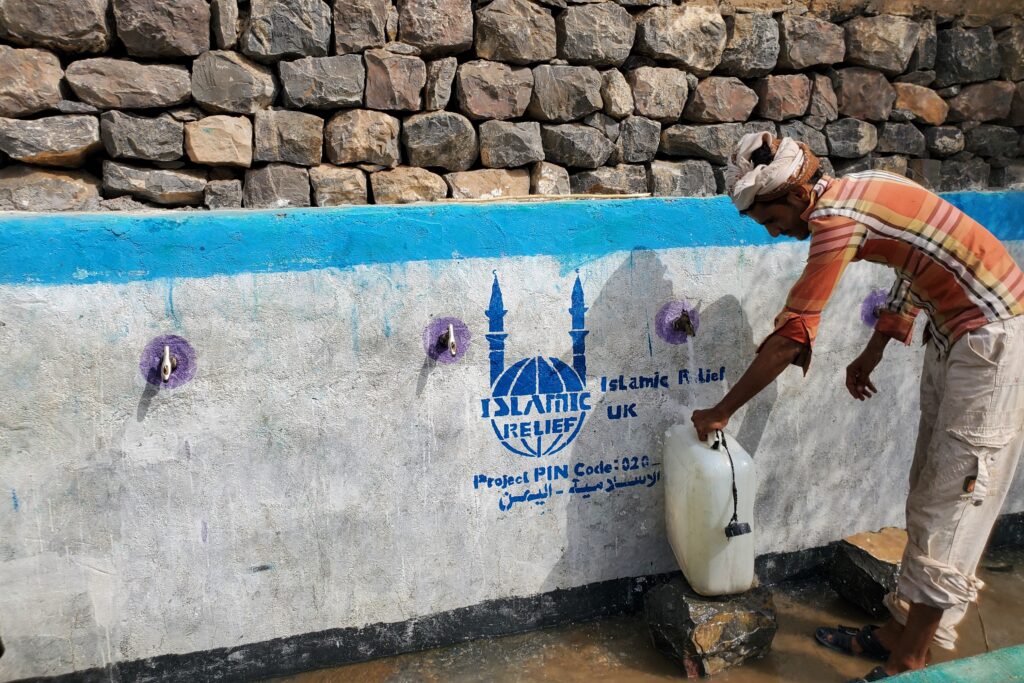
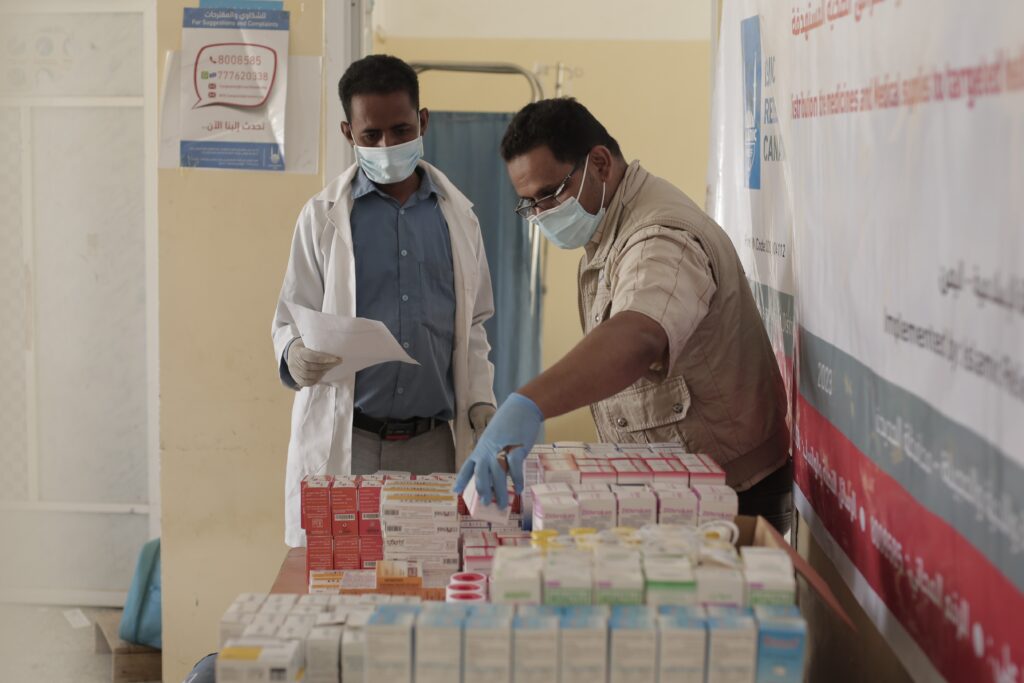
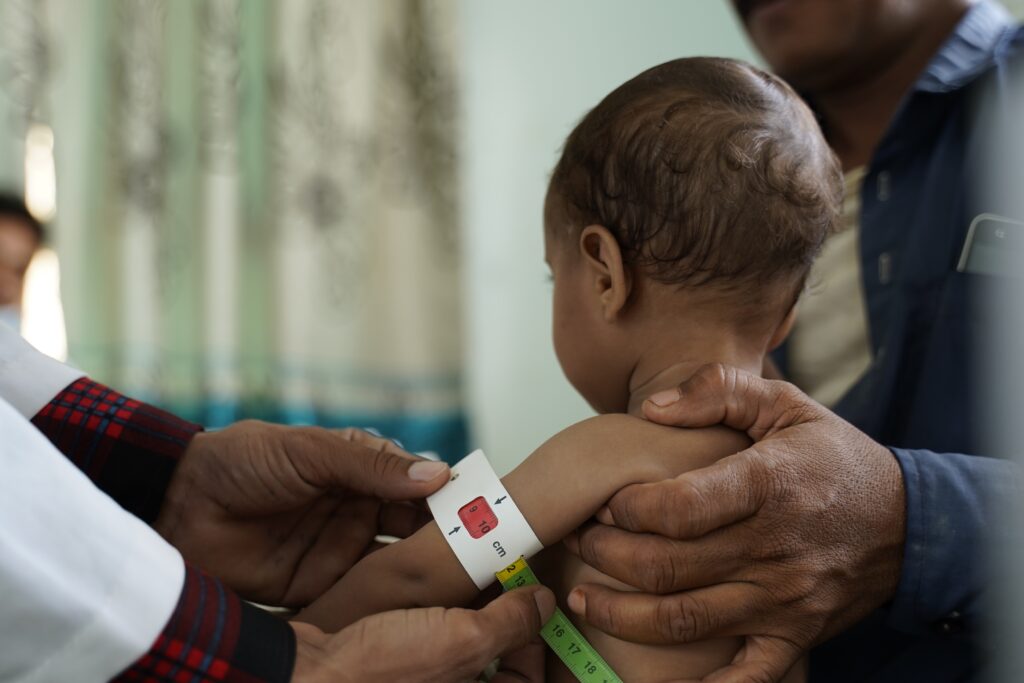






Islamic Relief is currently on the ground in Yemen, delivering aid and sustainable support to many hard-to-reach areas.
Alongside health and water support, we are providing essential food aid to families at risk of famine and facing food insecurity. With your support, we can help these communities in their hour of need.

Nada Abu Taleb, in Yemen, reveals what humanitarian work truly means in one of the world’s most neglected crises.
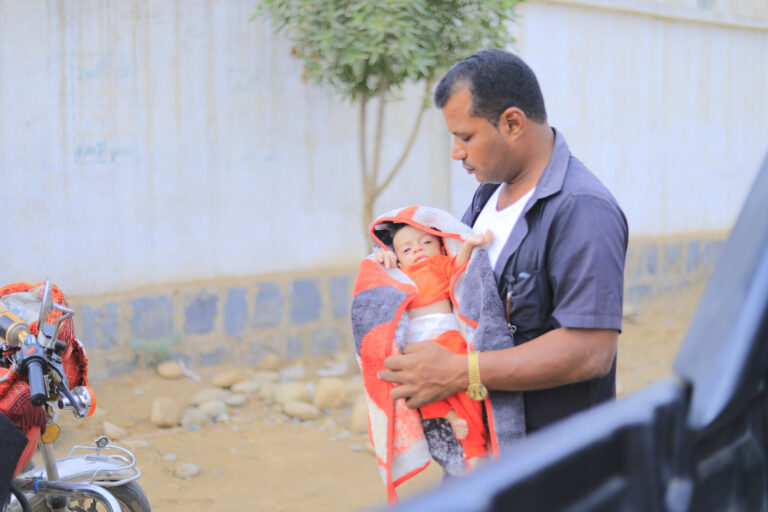
How Islamic Relief helped Saddam, in Al Hudaydah, Yemen, find support for his son born with severe health complications.
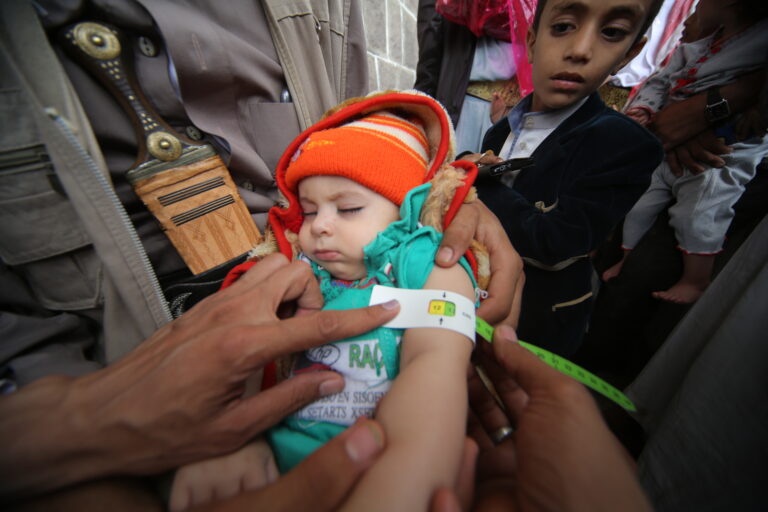
As Yemen marks 9 years of war, recent cuts to humanitarian aid have caused malnutrition to spiral, with millions of lives at stake.